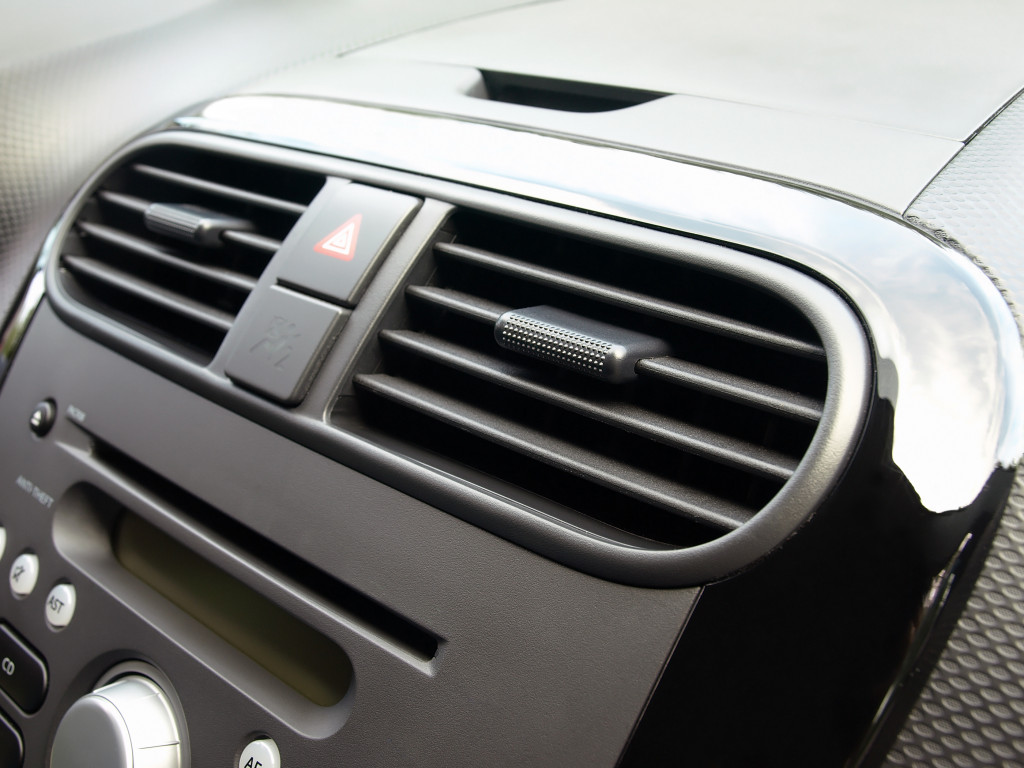There’s nothing more exciting than the summer weather, but unfortunately, the hot days can mean trouble for your car. From tire pressure to fluid levels, there are a few things you should keep your eye on when it comes to keeping your vehicle in optimal condition during warm weather. Here are a few common car damages during hot weather that every driver should know about:
Tire Pressure
It’s essential to check and adjust your tire pressure when temperatures increase. When tires get too hot, they can expand and blow out unnecessarily. Check the tire’s side for the optimal PSI, and ensure you’re filling up with air frequently during warm summer months. You should also rotate your tires every 5,000 miles to keep them in good condition.
Also, ensure you’re looking for any signs of wear or damage on the tires. If you notice any visible cracks or bulges, it’s time to replace your tires immediately. You don’t want to risk a blowout while driving during extreme temperatures.
Battery Life
Your battery will be affected by the temperature outside, especially if it’s older than three years old. Make sure you get it tested regularly to avoid any unpleasant surprises when starting your engine on a hot day. If you notice any problems with your battery, head to a mechanic as soon as possible so they can look at it and see what needs to be done.
Moreover, you should ensure that your car is kept clean and that the battery terminals are free from corrosion. Cleaning off dirt and debris will help keep your car’s battery in good condition for longer. You can do this by using a simple solution of baking soda and water.
Fluid Levels
It’s essential to check your fluid levels regularly, especially during the summer months. Ensure all fluids—including oil, transmission fluid, coolant, and brake fluid—are at the appropriate level for your car. Low levels should be topped up immediately to avoid overheating or breaking down during long drives.
You should also know how to keep your car cool in high temperatures. Ensure the air conditioner is working correctly, and check for any leaks in the cooling system. Additionally, keeping windows open a bit can also help to bring down the cabin’s temperature if it’s too hot inside.
Air Conditioner Performance

Nothing is worse than hopping into a steaming hot car during a heatwave! The air conditioner works harder than ever during extreme temperatures, so you must get it checked out before summer hits full swing. If need be, replace any worn-out parts or filters so that you don’t have any issues with cooling off while driving around town or on longer trips.
You should also check for any leaks in the air conditioning system. Not only can these damage other components, but they can also lead to a decrease in performance when temperatures start rising. You can resolve any minor issues yourself with a DIY guide, or you can consult a professional if the problem is more complex.
Windshield Damage
You should always ensure your windshield is in tip-top shape during hot weather. Excessive sun exposure can cause unwanted cracks and chips that must be repaired before they become too severe. Make sure you check any issues immediately so your view isn’t obstructed.
And contact a professional car windshield repair service provider if need be. They can assess the issue and provide a solution for you. They can also suggest ways to protect your windshield from further damage.
Heat Damage
Heat causes wear and tear on various components of your vehicle due to expansion and contraction over time from temperature changes throughout different seasons (especially winter). Keep an eye out for signs of heat damage, like cracks or discoloration in rubber hoses or belts under the hood.
If anything looks suspicious, then call up a professional right away. They’ll be able to identify any issues with heat damage quickly and make repairs before further damage is caused by extreme weather conditions like snow storms or hail storms later in the year.
When it comes down to it, taking care of your car is extremely important during times of extreme temperatures. From checking tire pressure frequently to maintaining fluid levels and inspecting components under the hood for signs of heat damage – these are all key steps that drivers need to take in order to protect their vehicles from potential damages caused by high temperatures outside! Stay ahead of the game this summer season by keeping an eye out for these common car damages during hot weather so that you don’t find yourself facing repair bills down the line due to negligence now!
